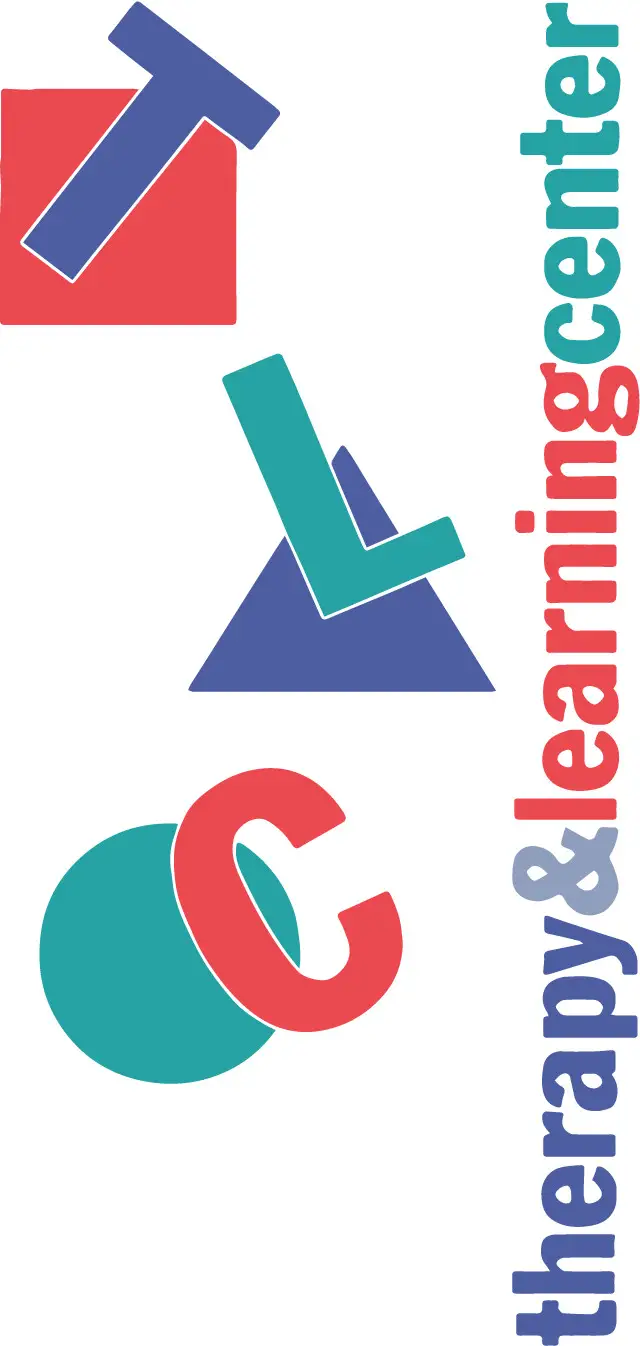
How to Help Kids with Special Needs Succeed in Online Classes
Online classes for students with special needs can be especially difficult. Here’s how to help them thrive during remote learning.
Get can’t-miss family activities sent to you!
Get the Best Kid-Friendly Activities
Sent to You Weekly!
Stay on schedule. It’s no secret that kids thrive in stability, which they get each day at school. With that in mind, Loccisano recommends trying to keep your child’s schedule as similar to the one they had when they attended school in-person—and make sure your child gets dressed for “school” in order to keep the same expectations in place.
Implement accommodations. Perhaps your child used an exercise ball to sit on in class, a grip to help with holding the pencil, or a fidget to help focus. “If you don't have those at home, check with the classroom teacher to see if the items could be sent home to assist with learning at home,” Fujimoto suggests.
Incorporate tangible materials. If possible, ask the teacher or therapist to provide materials that can be used during the remote session. It may be difficult for your child with special needs to attend to the screen and they may be more successful if there are tangible materials to use in conjunction with a lesson.
Give reminders. Special needs students may need frequent reminders when at school, and parents can easily give those reminders to stay on task, according to Jessica Garza, founder of The Primary Parade. “If a parent isn't able to sit with their child throughout the virtual school day, they could provide visual aids (signs) that can be placed near their work space to remind their child to stay on task or what they should be doing next,” she adds.
Take frequent breaks. A special needs student might need more frequent breaks throughout the day, so give them a chance to get up and stretch or visit the bathroom.
Use a timer. An online visual timer, such as thetimetimer.com, can show the student how much time they have left in the learning session, says Susan Esco, a speech pathologist at AAC Solutions & Rehab Services.
Keep communication open. Parents should meet with teachers (online or in person) as often as they feel is necessary, Garza notes. Be open and honest about what is working and what is not—and remember that parents and teachers should be partners in the student's learning.
Stay positive. Although remote learning can be frustrating, your child will respond better if you appear to be confident and comfortable. Do not expect perfection and be proud of the small accomplishments that you and your child make.





